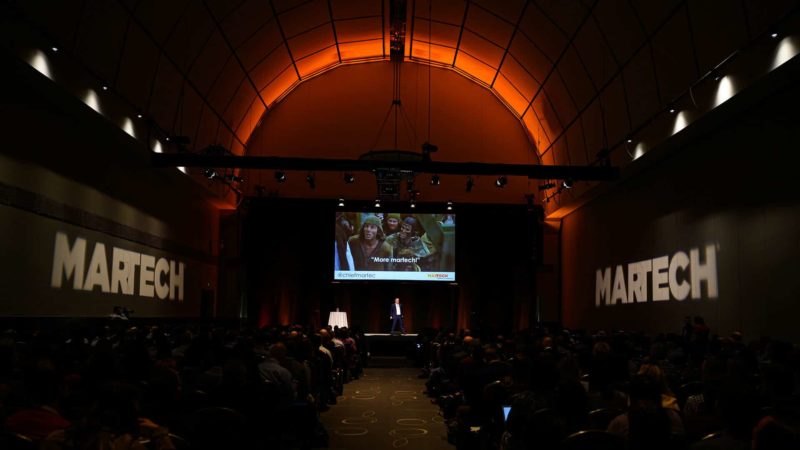Adopting a soft sales technique on LinkedIn can grow your network, and ultimately sales, according to Darryl Praill, CRO for sales engagement software company VanillaSoft.
“You’ve got your marketing or your sales list of people you’re trying to target,” Praill said, “but that’s just the people you know of. The fact is there’s thousands of people out there who could buy your products or services, or influence the purchase of your products or services.”
Chances are, those prospects and influencers are on LinkedIn. The platform has close to 740 million active users, and in Q2 ‘21 increased year-over-year in sessions (30%) and conversations (48%).
“It’s not just about the content,” said Praill. “You need to grow your network.”
Personalizing your business
Business audiences respond to branding and personality, in part because B2B businesses now market on social media, like consumer brands. On LinkedIn, marketers can emphasize personal connections by showcasing individuality.
“I went to my CEO three months into my job and said we have a great corporate page, and we’re on LinkedIn, Twitter, Facebook, etc,” Prail explained. “But we don’t have a face of the company, and people buy from people. So we need a corporate evangelist.”
This way, buyers don’t just think about your company as a faceless entity. They have a face to associate the brand with and personalize the connection.
Businesses need to identify a person within the organization to be an influencer. Also, it doesn’t need to be an executive, although that component does lend some credibility to the person, according to Praill.
Budget your time
As CRO of VanillaSoft, Praill determined he might be up for the job of corporate influencer.
“I had to be willing to be vulnerable, to be transparent and to be different, to speak loud and stir the pot and to actually force people to think, and have a different take than what they were hearing out there from other influencers,” he said.
“But I’m telling you now,” he added, “the hardest challenge is you can’t do this ad hoc. You have to book time in your calendar to do this like you would anything else, like if you go to the gym every day. Same thing if you’re a sales rep and you book out your calendar for prospecting.”
Tell a story
Part of being a figure on LinkedIn, as with other social media platforms, is to be able to tell a story instead of delivering a sales pitch.
“We’re in a generation right now of community and relationships,” said Praill. “COVID has thrust that upon us, so you need to actually share lessons learned. You need to be a storyteller.”
He added, “Stories are best when they’re about you or about someone near you. They can drop names so they can become part of the extended family.”
That’s what a network is all about, after all. Mentioning other people helps to get the ball rolling.

Connecting with the in-crowd
“Why you’re doing this is to grow your reach,” said Praill.
In every industry there are a handful of people, perhaps 10 or 20, who everybody regularly drops everything in order to consume their content.
“When they post something, when they share something, a video or comment, whatever it is, people stop, and they look and listen,” Praill said.
As a would-be-influencer, you have to send connection requests to the top influencers. It’s best to personalize these requests, and also engage with their content in the comments. That’s where real attention can be gained, according to Praill.
“The easiest way to do this is to like and share their comments initially, and then over the following weeks you can actually then get into the conversations,” he said.
For your own posts, use video to make your timeline stand out when others check out your profile.
“You’ve got to have great content, you’ve got to engage,” said Praill. “But you also have to have personality, tell a story, commit to the game, post frequently and add value.”
See the full talk from our MarTech conference here (free registration required).
The post How to become a B2B influencer on LinkedIn appeared first on MarTech.


0 Comments